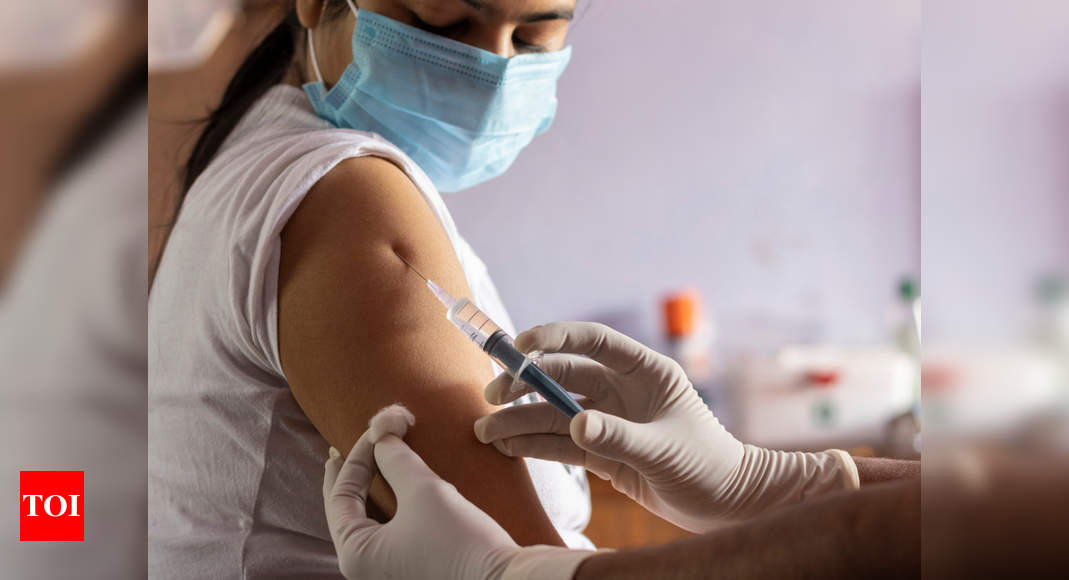
The study was published in the journal Cell and noted that the neutralizing antibodies induced by the Pfizer and Moderna COVID 19 vaccines were less effective against the coronavirus variants found in South Africa and Brazil.
According to scientists, neutralizing antibodies work by binding closely to the virus and blocking entry into cells and thus preventing infection. That said, this binding only happens when antibodies and viruses match perfectly, like a key in a lock.
If the shape of the virus changes when the antibody attaches to it, the antibody may no longer be able to recognize and neutralize the virus.
The scientists compared the performance of the antibodies against the original strain against the new variants.
When scientists tested the new strains against vaccine-induced neutralizing antibodies, they found that the three new strains first described in South Africa were 20-40 times more resistant to neutralization.
The two strains first described in Brazil and Japan were five to seven times more resistant compared to the original SARS-CoV-2 virus lineage in Wuhan, China.
“In particular, we found that mutations in a specific part of the spike protein called the receptor-binding domain were more likely to help the virus resist neutralizing antibodies,” said one study author.
However, the ability of these variants to resist neutralizing antibodies does not mean that vaccines are not effective.
“The body has other methods of immune protection in addition to antibodies. Our findings do not necessarily mean that vaccines do not prevent COVID, only that the antibody part of the immune response may have trouble recognizing some of these new variants. “Scientists said. .
To develop the next generation, it is important to understand which mutations are most likely to allow the virus to evade vaccine-derived immunity.
The study may also help researchers develop more effective preventive methods, such as a widely protective vaccine that works against a wide variety of variants, regardless of the number of mutations that develop.